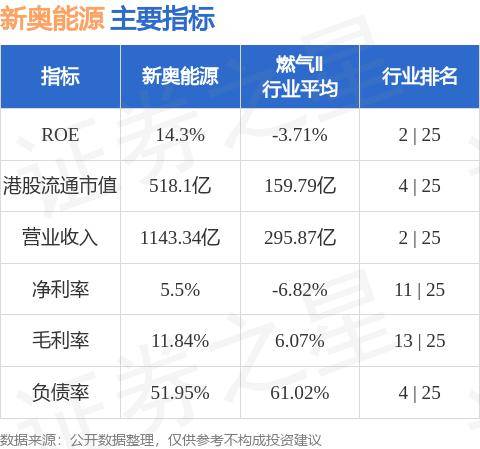New Topic Tonight: Data Driven Decision Making - Classic Edition 95.619
Welcome to our latest discussion on a cutting-edge topic in business and management – data-driven decision making. As we navigate through the complexities of modern-day operations, understanding how to leverage data effectively has become paramount. Today's edition, titled "Data Driven Decision Making - Classic Edition 95.619," will delve into the fundamental principles that have withstood the test of time.
The Importance of Data
In today's fast-paced information age, businesses operate amidst an ocean of data generated by diverse sources such as customer interactions, market trends, operational processes, and social media activity. This avalanche of insights can provide invaluable fodder for strategic decision-making if properly harvested and analyzed.
Defining Data-Driven Decision Making
Data-driven decision making refers to the process of leveraging collected data to inform or support decisions within an organization. Unlike traditional decision-making processes that might be heavily reliant on intuition or personal experience, data-driven decision making demands evidence-based analysis to yield optimal outcomes.
Collecting Accurate Data
To make effective decisions based on data, organizations must first invest in harvesting accurate and reliable information. This involves focusing on quality assessments to ensure that the data collected is both valid and pertinent to the questions being asked.
- Customer feedback – Understand needs and expectations
- Market analytics – Keep currents with industry trends
- Performance metrics – Gauge organizational strengths and weaknesses
Analyze Data Correctly
Whereas collecting data is the first step, the crux often lies in its interpretation. Companies must employ advanced analytics tools and techniques, including statistical analyses, predictive modeling, and machine learning algorithms to uncover patterns, correlations, and potential outcomes.
From Analysis to Action
The practical application of data insights in decision making requires not just personnel skilled in data analysis but also leadership receptive to change. Leaders need to foster a culture where data influence is accepted and integrated into strategic planning.
Aligning Decisions with Corporate Goals
Good decision-making is also about aligning with broader corporate goals. The data selected for analysis should directly relate to these objectives, ensuring there is a meaningful link between the insights gained and the direction in which the company is heading.
Overcoming Resistance to Change
Transitioning from traditional forms of intuition-based decision-making to data-centric models can be challenging. Overcoming resistance hinges on showing demonstrable success through pilot projects, education, and continuous improvement cycles.
Case Studies: Embracing the Future with Data
Looking at successful case studies tells us much about what works in practice: 1. Fintech Innovation – How data-driven lending platforms are revolutionizing credit scoring 2. Retail Giants – Employing AI to personalize consumer experiences 3. Healthcare Advancements – Utilizing patient data to enhance care protocols
Tools and Technologies Shaping DDDM
Several emerging technologies stand to greatly enhance the field of data-driven decision making. From cloud computing to robust data warehousing solutions, the right tools play a critical role in managing vast amounts of information efficiently.
Training the Workforce of Tomorrow
For many sectors, the demand is growing for individuals adept in both their fields and in handling and interpreting data. Firms therefore look not only to hire data practitioners but also to upskill existing staff to meet this crucial need.
Ethical Considerations and Security
Lastly, ethical use and handling of data are vital. With increased reliance on consumer and sensitive data comes an obligation to protect privacy and comply with regulations such as GDPR.
Conclusion: Towards An Empirically Grounded Tomorrow
We are now concluding our classic edition series on data-driven decision making. Despite changes over the years, the core principles remain relevant even more so in the digital age. As companies continue to adopt and refine their approach to using data, they increasingly find themselves operating at the pulse of innovation and discovery.
















还没有评论,来说两句吧...